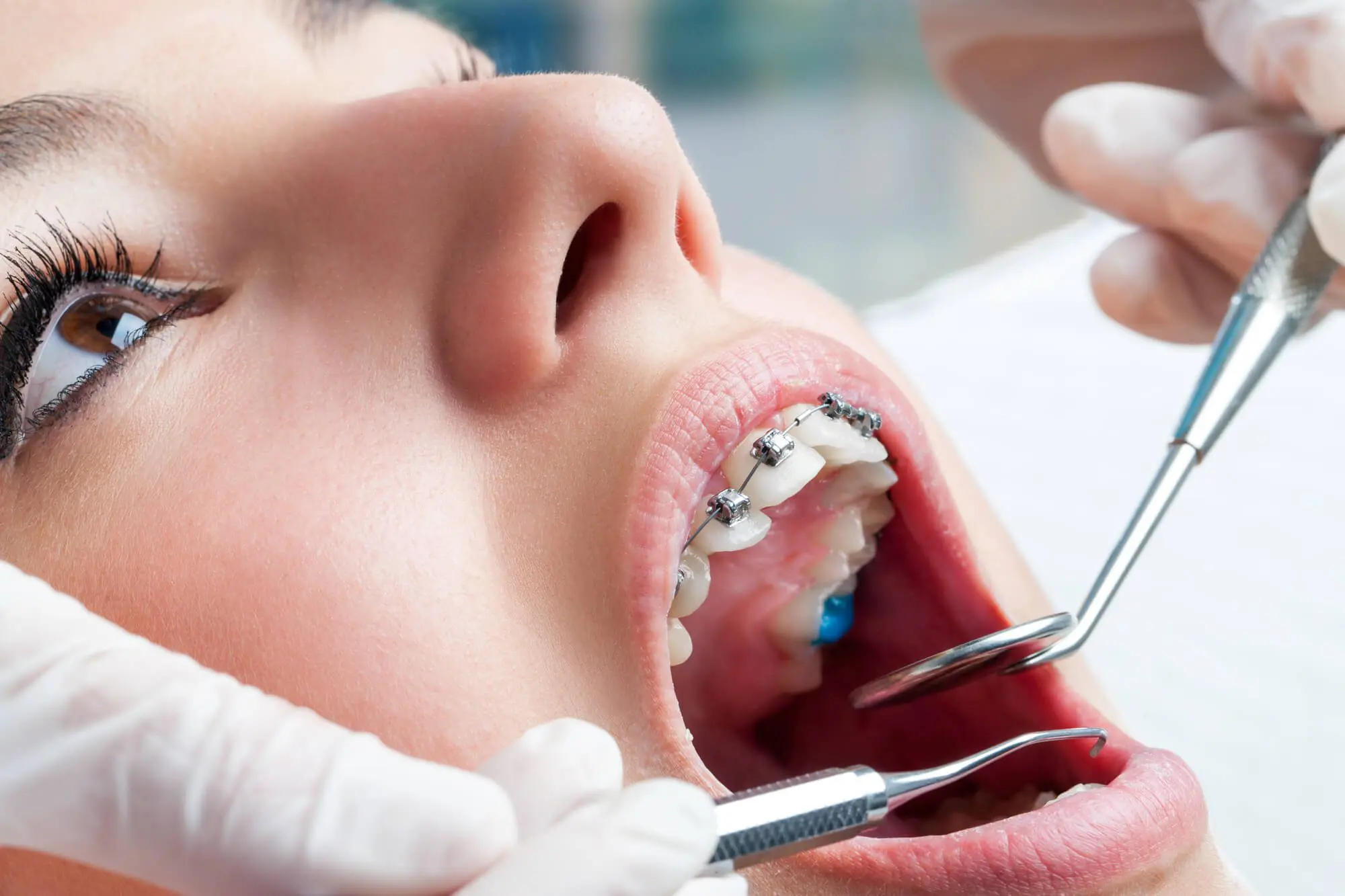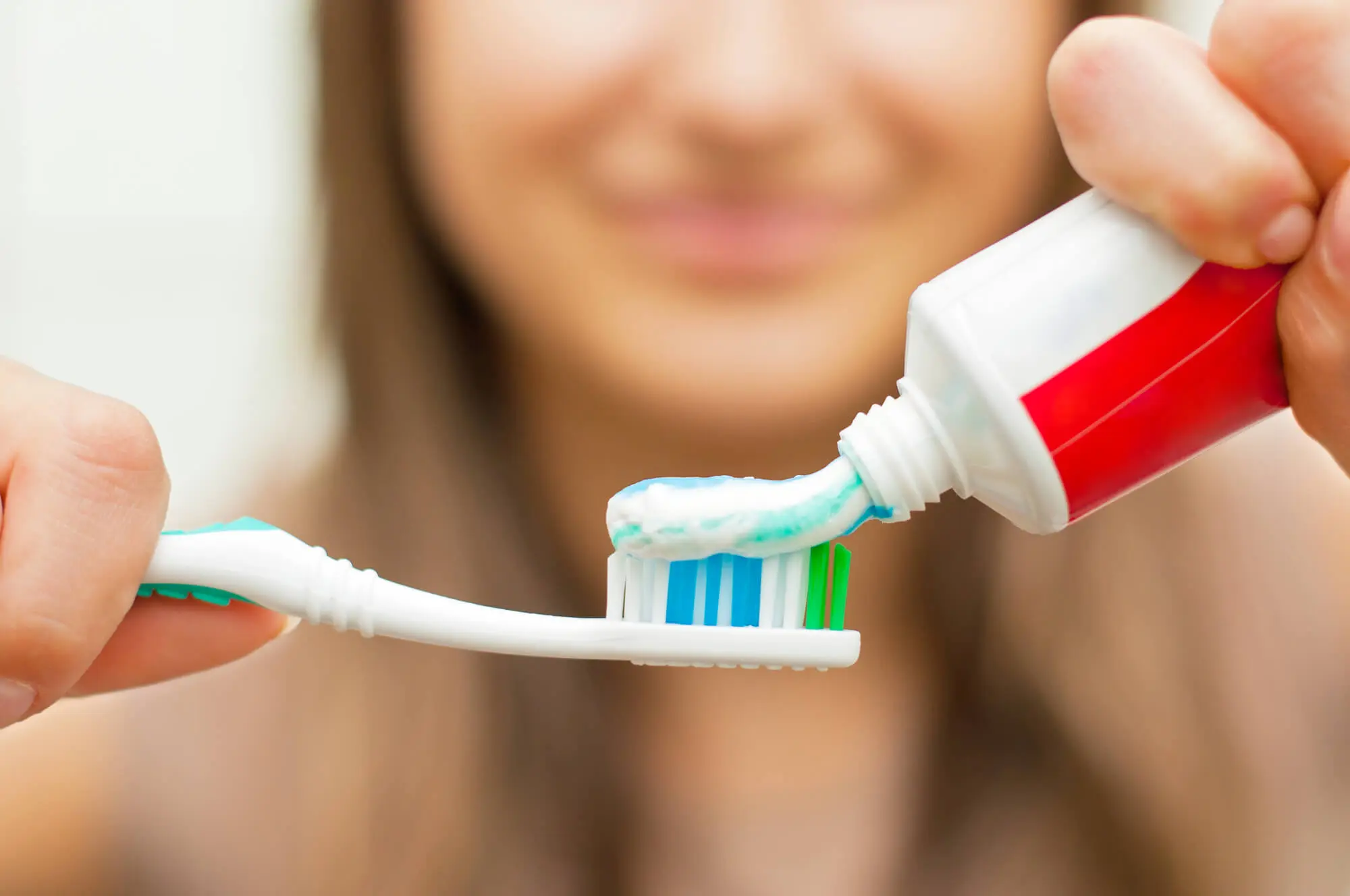Posted on September 29, 2023

Braces can be a game-changer when it comes to achieving a straight and beautiful smile. However, if not properly maintained and cleaned, they can become a breeding ground for bacteria and lead to oral health issues.
Braces are orthodontic appliances that are used to correct misaligned teeth and jaw problems. While they work wonders at aligning your teeth, they require proper care and maintenance to ensure optimal oral hygiene. Neglecting to clean and maintain your braces can lead to plaque buildup, bad breath, and even tooth decay.
In this post, we will explore the best practices and tips to help you maintain the hygiene and longevity of your braces.
If you’ve recently gotten braces or are considering getting them, it’s important to understand that maintaining good oral hygiene is essential throughout the duration of your treatment.
Neglecting your oral health can lead to various dental issues, including tooth decay, gum disease, and staining. To ensure a healthy and beautiful smile at the end of your orthodontic journey, here are some tips for daily oral hygiene for braces.
 Brushing your teeth becomes even more important when you have braces. It’s recommended to brush after every meal and snack, using a soft-bristle toothbrush and fluoride toothpaste.
Brushing your teeth becomes even more important when you have braces. It’s recommended to brush after every meal and snack, using a soft-bristle toothbrush and fluoride toothpaste.
Flossing can be quite challenging with braces, but it’s crucial to remove food particles and plaque from between the teeth and around the brackets.
Use a floss threader or a specialized orthodontic floss to navigate around the wires. Gently slide the floss between your teeth, moving it up and down, and make sure to reach the gumline. Take your time to clean each tooth thoroughly.
Adding an antimicrobial mouthwash to your routine can help kill bacteria that cause plaque and gingivitis.
Rinse your mouth with mouthwash after brushing and flossing to reach areas that might be difficult to access with a toothbrush. However, be sure to choose a mouthwash that doesn’t contain alcohol, as it can cause dry mouth and discomfort.
Braces are more than just orthodontic tools—they’re an investment in your smile. While regular adjustments and cleanings are essential, your dietary choices play a pivotal role too. Discover how smart nutrition can aid in keeping your braces pristine and your journey to a perfect smile smooth.

Orthodontic appointments are crucial for maintaining braces and ensuring the successful outcome of your orthodontic treatment. These appointments allow your orthodontist to monitor the progress of your treatment, make necessary adjustments to your braces, and address any concerns or issues that may arise.
Regular appointments also help prevent any potential problems from developing, as your orthodontist can catch them early on and take appropriate actions. By attending these appointments, you can ensure that your braces stay in good condition, your teeth are shifting as planned, and you are on track to achieving the desired results.
Braces are a transformative step towards a radiant smile, but they can sometimes bring along minor discomforts. Explore strategies to alleviate and manage these sensations, ensuring a more comfortable orthodontic journey.
Orthodontic appliances, be they braces, retainers, or expanders, play a pivotal role in shaping and aligning your smile.
To maintain their efficacy and prolong their lifespan, regular and meticulous cleaning is paramount. Residues from food and beverages can cling onto these devices, potentially leading to bacterial growth, bad breath, and even decay.
Developing a diligent cleaning regimen is key. For removable devices, a gentle brush with a soft-bristled toothbrush, combined with an appropriate cleanser, will keep them fresh and functional.
Fixed appliances, like braces, demand careful brushing around brackets and wires and the periodic use of specialized floss to ensure no debris remains trapped. Embracing these practices not only preserves your appliances but also promotes optimal oral health.
Properly maintaining braces is crucial for achieving long-term oral health. Braces are commonly used to correct misalignment of teeth and jaws, and they can have a significant impact on oral health if not properly cared for.
Regularly cleaning and brushing teeth, as well as following the orthodontist’s instructions for wearing elastics or rubber bands, can help prevent cavities, gum disease, and other oral health issues. Neglecting proper maintenance of braces can lead to plaque buildup, tooth decay, and even damage to the braces themselves. Therefore, it is essential to prioritize oral hygiene and follow the recommended guidelines to ensure the best possible outcome for long-term oral health while wearing braces.
For expert guidance and unparalleled orthodontic care, trust Smilebliss. With our team of seasoned professionals and commitment to individualized care, we ensure every smile journey is supported every step of the way.
Contact us now to learn more about the services we offer!